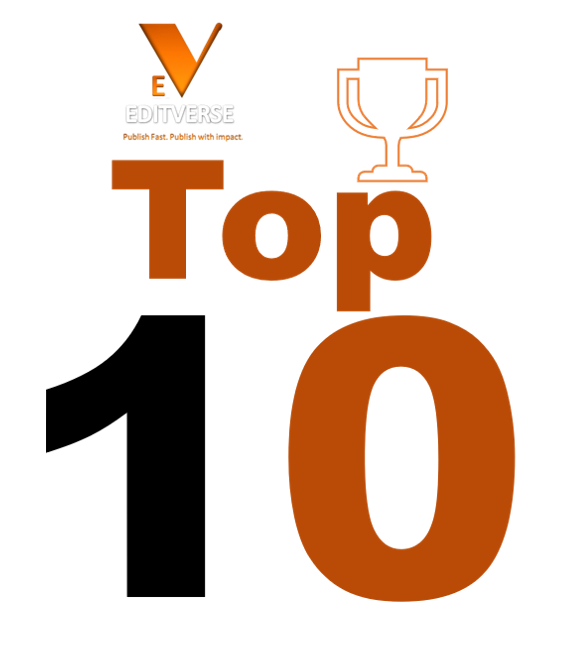Have you ever felt overwhelmed by the registration process for online platforms? Do you find yourself seeking guidance to navigate the complexities of signing up and creating an account? If so, you’re not alone. Many researchers like yourself face challenges when registering on platforms like Prospero, a leading system for systematic review registration. Go to the PROSPERO website (https://www.crd.york.ac.uk/prospero/) and click on the “Register” button.…


